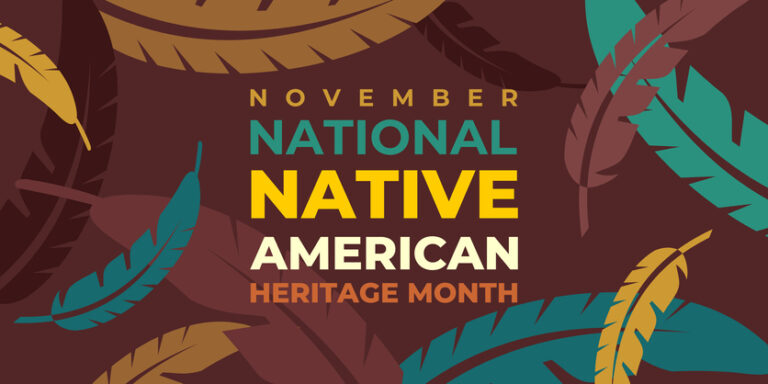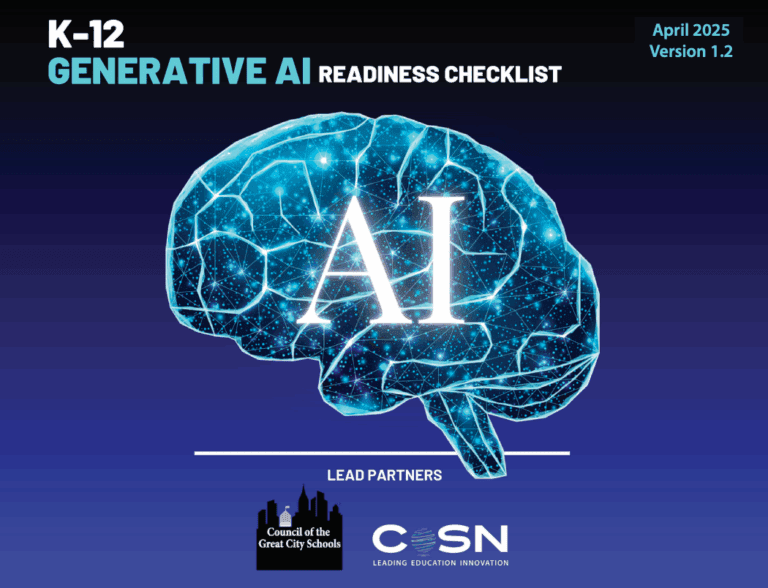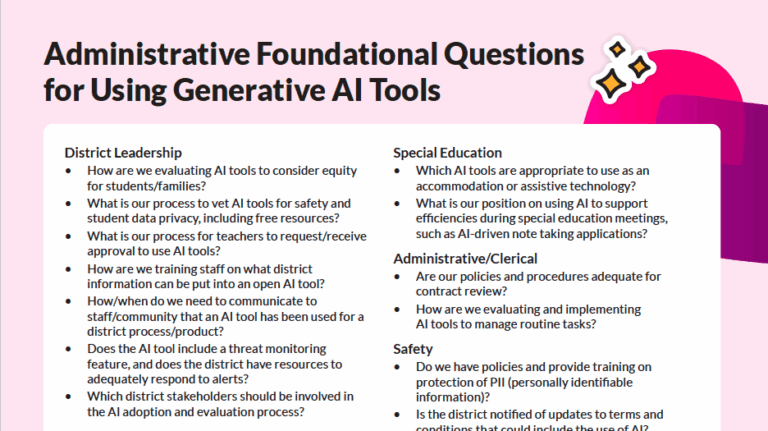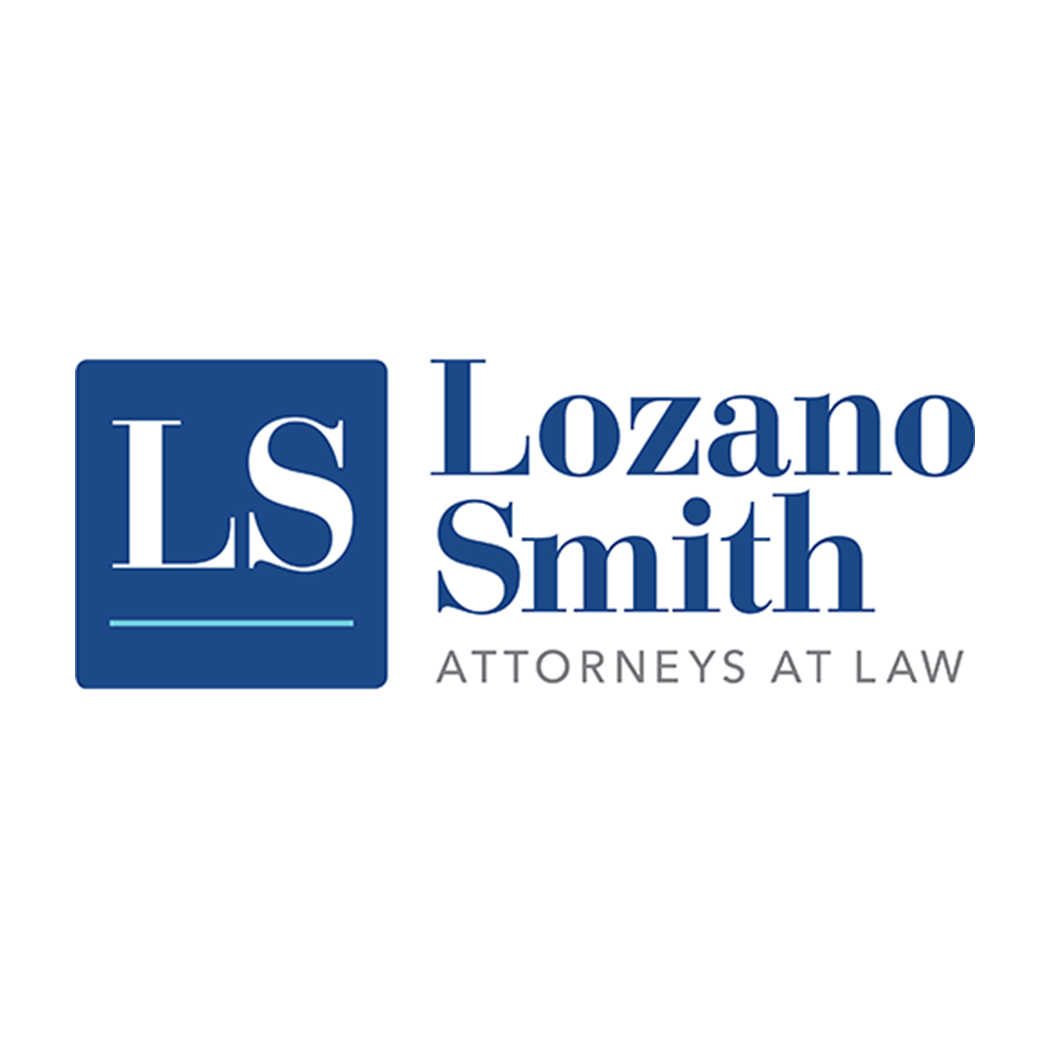This resource is provided by ACSA Partner4Purpose Lozano Smith.
Since their initial release in 1994, school officials have looked to “Dear Colleague Letters” (DCLs) issued by the United States Department of Education’s Office for Civil Rights (OCR) as guidance on the implementation of federal special education and disability laws. Further, such DCLs have been relied upon by parents and their advocates and attorneys to support claims of wrongdoing by school officials. In September 2021, in Csutoras v. Paradise High School District (9th Cir. Sept. 7, 2021) __ F.3d __, the U.S. Ninth Circuit Court of Appeals addressed whether DCLs qualify as binding, authoritative law in private actions seeking monetary damages alleging violation of federal disability statutes. The Ninth Circuit declined to treat DCLs as controlling, holding that DCLs function merely as nonbinding, aspirational guidance in that context. Instead, DCL guidance is of greater actual weight in the context of administrative enforcement actions by OCR and lawsuits seeking equitable, injunctive relief.
Background
The Csutoras case involved a high school student who assaulted the plaintiff, a student diagnosed with Attention Deficit Disorder, while attending a football game at Paradise High School. The assailant’s motive for the assault was unrelated to the plaintiff’s disability. Despite this fact, the plaintiff sued Paradise High School for damages in relation to the assault based on its alleged violations of the Americans with Disabilities Act (ADA) and Section 504 of the Rehabilitation Act (Section 504), framing the claims as disability discrimination.
The plaintiff centered his ADA and Section 504 claims on a four-factor test initially developed by OCR in a DCL. The four-factor test advanced by the plaintiff proposed a novel legal standard intended to ascertain when an occurrence of peer-on-peer harassment gives rise to a claim for disability-based harassment against a school district. Alternatively, the plaintiff suggested that the DCLs provided Paradise High School with constructive notice of its obligation to implement social accommodations designed to prevent the disability-based harassment he endured. Although the plaintiff received academic-based accommodations as part of his Section 504 plan, the plaintiff never presented a need for social accommodations, nor had he requested such accommodations in the past. Nevertheless, the plaintiff contended that the school’s constructive notice of his need for social accommodations and its failure to provide those accommodations amounted to discrimination based on his disability.
The federal trial court ruled in favor of the school, emphasizing that the DCLs were not binding as a matter of law in lawsuits seeking monetary damages. Turning instead to binding case law interpreting the ADA and Section 504, the trial court concluded that the plaintiff failed to satisfy the needed elements to prevail in his lawsuit seeking money damages for disability discrimination.
Dear Colleague Letters Amount to No More Than “Aspirational, Non-Binding Guidance”
On appeal, the Ninth Circuit rejected the plaintiff’s position and reaffirmed the trial court’s decision that DCLs are not binding law in private lawsuits for damages. Contrary to the plaintiff’s assertions, the DCLs amount to no more than “aspirational, non-binding guidance” incapable of altering the legal standards necessary to succeed in a suit for money damages under the ADA or Section 504. Rather, plaintiffs asserting ADA or Section 504 damage claims must satisfy more significant burdens of proof than the four-factor test advanced by the plaintiff.
Supporting its conclusion, the Ninth Circuit acknowledged that the guidance issued by OCR in DCLs routinely exceeds existing statutory obligations. Indeed, equating the OCR’s guidance to binding law would prove impracticable, as it would create unfair surprises for educational institutions in compliance with applicable federal and state laws. Thus, the District’s failure to implement the suggestions contained in the DCLs did not amount to disability-based discrimination.
Takeaways
The Ninth Circuit’s opinion in Csutoras v. Paradise High School District explicitly forecloses any notions of DCLs carrying the force of law in private lawsuits for monetary damages under the ADA or Section 504. Significantly though, despite barring the use of DCLs as binding authority in suits for damages, the Ninth Circuit authorized the application of the letters for administrative enforcement actions by OCR under Section 504 and lawsuits seeking equitable injunctive relief.
If you have any questions about this case or about ADA or Section 504 claims in general, please contact the authors of this Client News Brief or an attorney at one of Lozano Smith’s eight offices located statewide. You can also subscribe to their podcasts, follow them on Facebook, Twitter and LinkedIn or download their mobile app.




























